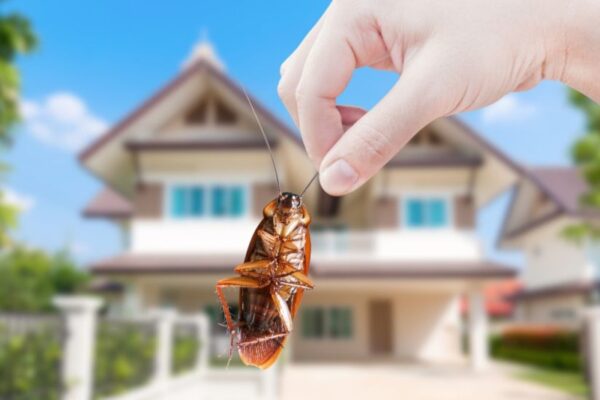The weather in Irvine is known to be particularly pleasant. It lets you go about your activity without any excess cold or heat. In every sense, the weather’s perfect to do what you want!
Unfortunately, this idyllic weather brings with it a nasty and often unwanted guest – pests. According to local experts – Brooks Pest Control – common pest activity is actually intimately tied to the weather patterns and the general climate of a location. Knowing this can help you stay prepared for any potential infestation!
Temperature Fluctuations
Temperature changes play a pivotal role in pest activity. In Irvine, mild winters and hot summers create an environment where pests can thrive year-round. During colder months, pests such as rodents seek warmth indoors, often infiltrating homes through small cracks and crevices. Conversely, the heat of summer drives many pests, including ants and spiders, to seek cooler indoor spaces.
Humidity Levels
Humidity levels also influence pest behavior. High humidity provides an ideal breeding ground for many pests, including termites, cockroaches, and mosquitoes. In Irvine, the coastal climate can lead to fluctuating humidity levels, which in turn affects pest populations. For instance, areas with high humidity levels may experience increased termite activity, posing a significant threat to wooden structures.
Rainfall and Moisture
Rainfall and moisture create conditions conducive to pest infestations. After periods of rain, standing water can become a breeding site for mosquitoes, while damp soil attracts pests like termites and ants. Additionally, moisture can lead to mold growth, which can attract pests seeking food and shelter. In Irvine, sporadic rain showers followed by dry spells create a dynamic environment for pests.
Seasonal Trends and Migration
Seasonal changes bring about shifts in pest populations and behavior. For example, spring and summer are peak seasons for many insects, including ants, bees, and wasps, as they forage and reproduce. Fall and winter, on the other hand, see increased rodent activity as these pests seek shelter from cooler temperatures. Additionally, certain pests may migrate or become more active in response to seasonal changes.
Pests will always react to the weather – do you react accordingly to pests? Most families often try to ignore the problem, hoping it will go away. It is only after the infestation grows to be far too obvious and too difficult to curb with DIY methods that professionals are considered. Be wiser – react to the weather before pests do, and reach out to a pest control expert immediately!

